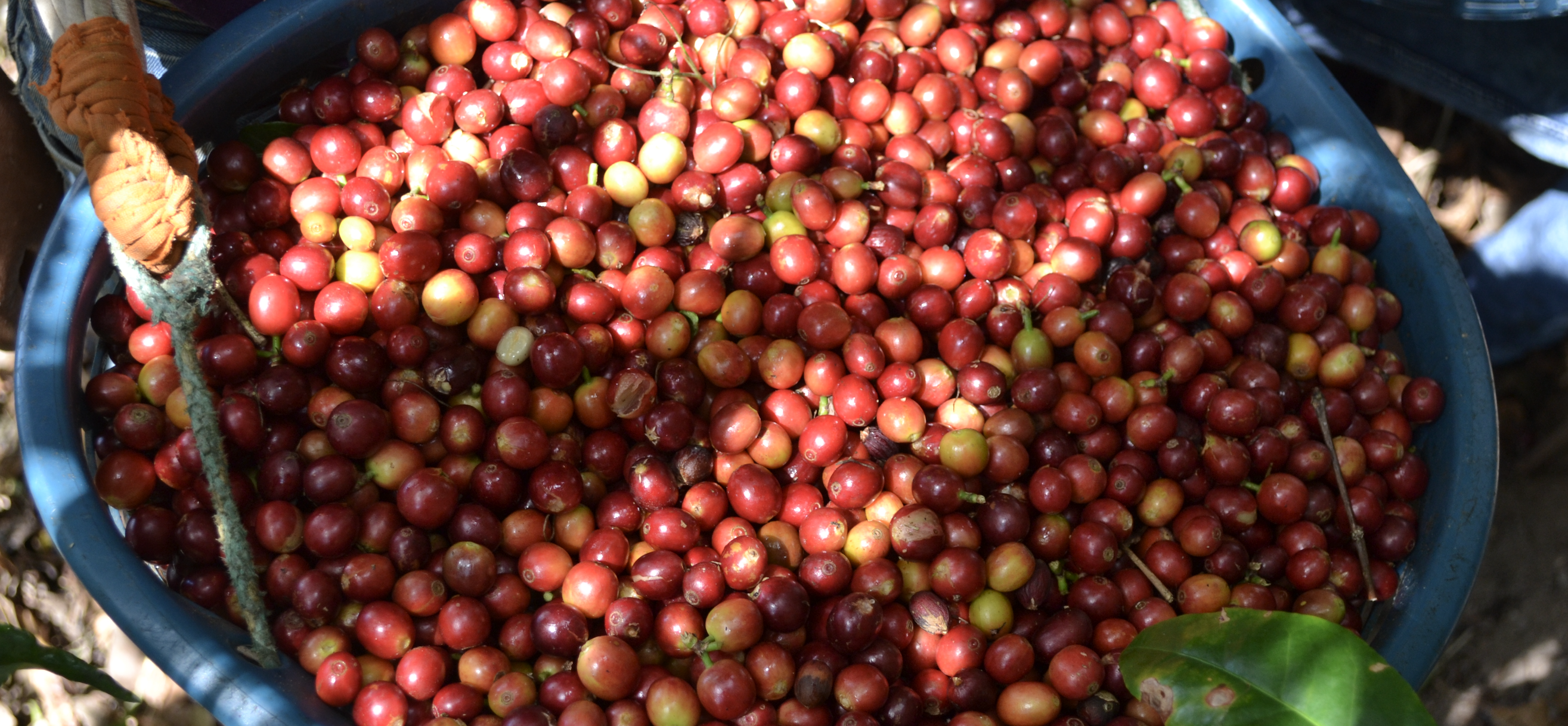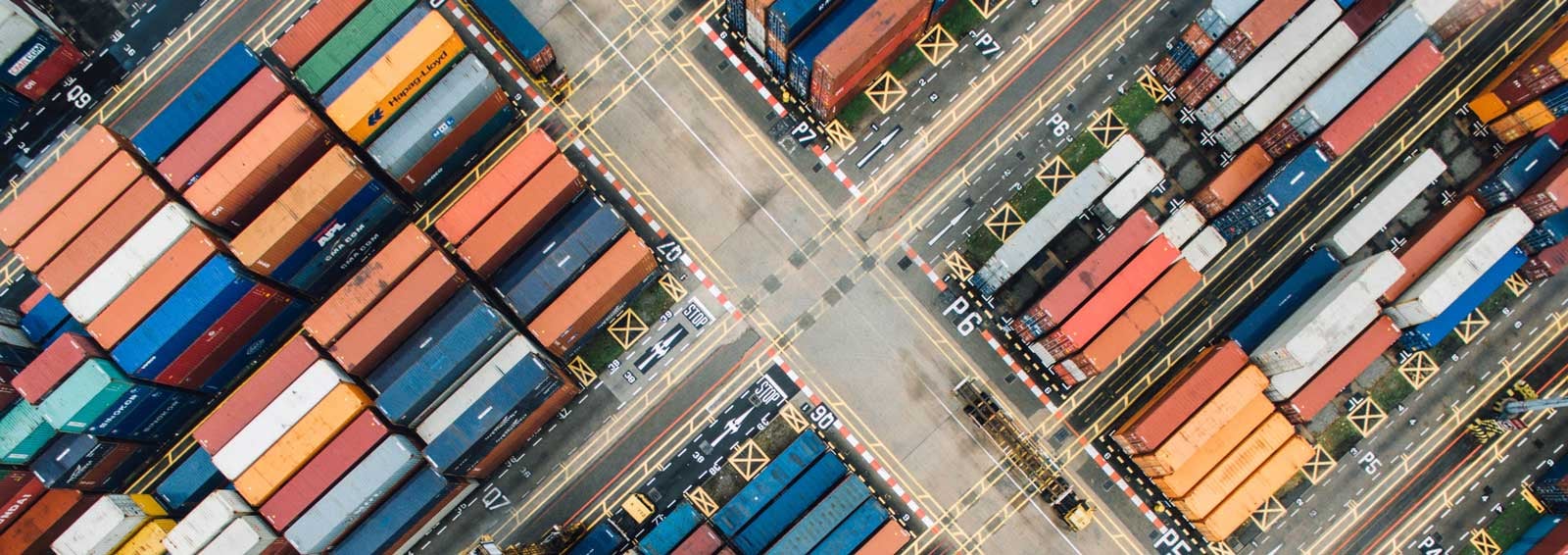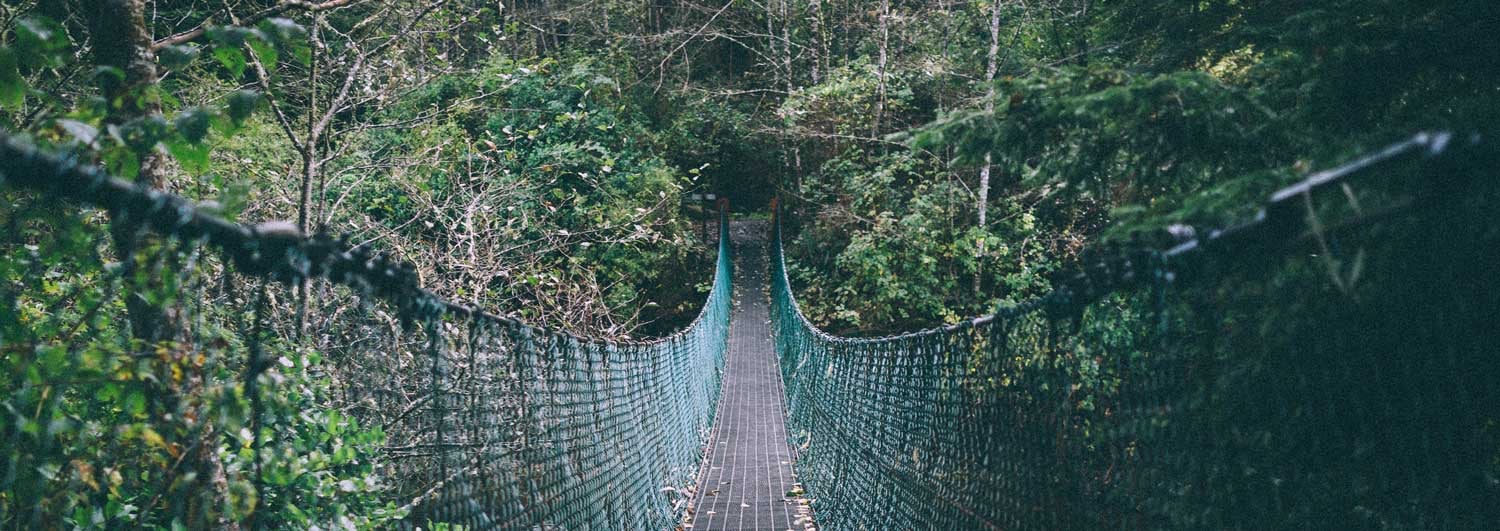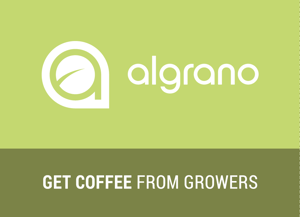T
here has been a lot of talk about consolidation in the coffee industry in 2023. Everybody seems to agree that consolidation is "speeding up”. But consolidation is only the sign of a wider problem. The business model of coffee traders isn't working as it used to.
In 2008, the world awakened in a financial crisis. In Iceland, banks defaulted. The US and Europe caught up quickly, with the risk of defaults spreading like wildfire. Unemployment and suicide rates skyrocketed. Those who were able took their savings to other banks. Big banks got bigger. Not safer, but bigger.
There was consolidation in the financial industry. But consolidation was just the result of a worldwide financial crisis in which we ended up because of unchecked speculation.
Fast forward to 2023 to the coffee sector.
The year began with a few coffee trading companies being acquired. In any normal year, there are millions of reasons why Neumann or Sucafina might want to buy players like Nordic Approach or Sustainable Harvest: diversification, access to new markets, technologies, a brand, their accounts... The question is why were Sustainable Harvest and Nordic Approach willing to sell this time?
In the case of Sustainable Harvest, Jordan Hooper, Managing Director of Sucafina North America, said that “we are providing the stronger financial support they need to continue operating [...]”. Dave Behrends, Managing Partner and Head of Trading at Sucafina, spoke of “an opportunity to preserve the integrity of the supply chain”. - full statements here.
Providing financial support is generally not considered code-speak for a big guy that hopes to latch onto the growth of an upstart challenger. Preservation is a term usually reserved for endangered species. Like most trading houses, both companies were privately held and details will never be shared with the public. However, it sounds like something has gone wrong.
The industry saw further signs that trading has become shaky, and coffee traders were in bad shape. In December Mercon, who had bought the coffee stock of Catalyst Trading, which had closed its trading operations just a few months before, collapsed. The truth is that coffee trading is in a crisis. Consolidation - the big getting bigger, is just the result of it. And unlike in the financial industry, there are no regulations, and no “too big to fail laws”.
Why is the coffee traders’ business case floundering?
Coffee roasters and producers have access to the internet, data about production costs, suppliers and supply chain services are freely available. The information asymmetry that has given traders a competitive advantage over centuries, is eroding at fast pace.
Large buyers (roasters), with strong purchase power, played it to the extreme: To gain high volume business, traders had to accept the buyers’ pricing. Margins can be as low as 1ct/lb with payment terms of 360 days after delivery of the coffee. This worked OK when money was cheap. But that came to an end in 2022.
Between April 2022 to April 2023 the US interest rates rose from 0.3% to 4.3% per year. Suddenly, less risky alternatives than trade finance, like US government bonds, provided interesting yields again. The little funds that remained in trade finance got more expensive. With a fixed margin in traders’ order books for contracts to be delivered over years and no contractual clause to roll costs over to buyers, traders had to absorb the interest rate raise. Traders’ profitability collapsed.
Volcafe’s Earnings Before Interest Taxes Depreciation and Amortization decreased from 81m USD in 2021 to 52m USD in 2022. The Earnings Before Taxes, which account for the interest rates, shrank in the same period by 13m USD more: from 51m USD to 9m USD. Volcafe generated for their shareholders 9m USD out of 2bn USD in sales, according to their annual financial report. The razor thin profitability of 4 promille is the result of the raising interest rates.
2023 made it clear that coffee trading is in crisis. The old business model is showing its fundamental weaknesses. The trusted coffee trader has become a shaky business partner.
What are traders left with?
If you earn no more money on the physical side of things, you can try your luck on the roulette table. Bet money on the volatile C-market. So called prop trading is speculation. Ending up on the wrong side of a trade can get very nasty very quickly, to the point where ‘consolidation’ - a sale of the company - may be the best option to safeguard the work the company has accumulated.
Conscious of these dynamics, Algrano has always stuck to what we consider one of our strongest pillars:
We do not take a position.
Ever.
We don’t want to expose ourselves to unnecessary risk, and we don’t want to expose the partners we’re working with at both ends of the supply chain.
Nine years ago, we built the first tech and only service-providing company in the coffee importing industry. We built a gateway to common infrastructure and an open environment that shares information freely, with producers and roasters alike. Producers and roasters are in control of their supply chains, not Algrano. Instead of fighting against structural change, we lean into it.
Algrano runs the most diverse and decentralized sourcing model in the world, with a wide range of hundreds of empowered roasters and a huge impact on hundreds of producers.
We are measuring Algrano’s impact, yes, but we’re conscious that we are enabling it rather than creating it – the ones creating it are the roasters that work with us, and the long term relationships they foster with producers on the Algrano platform.







Let Us Know What You Thought about this Post.
Put your Comment Below.